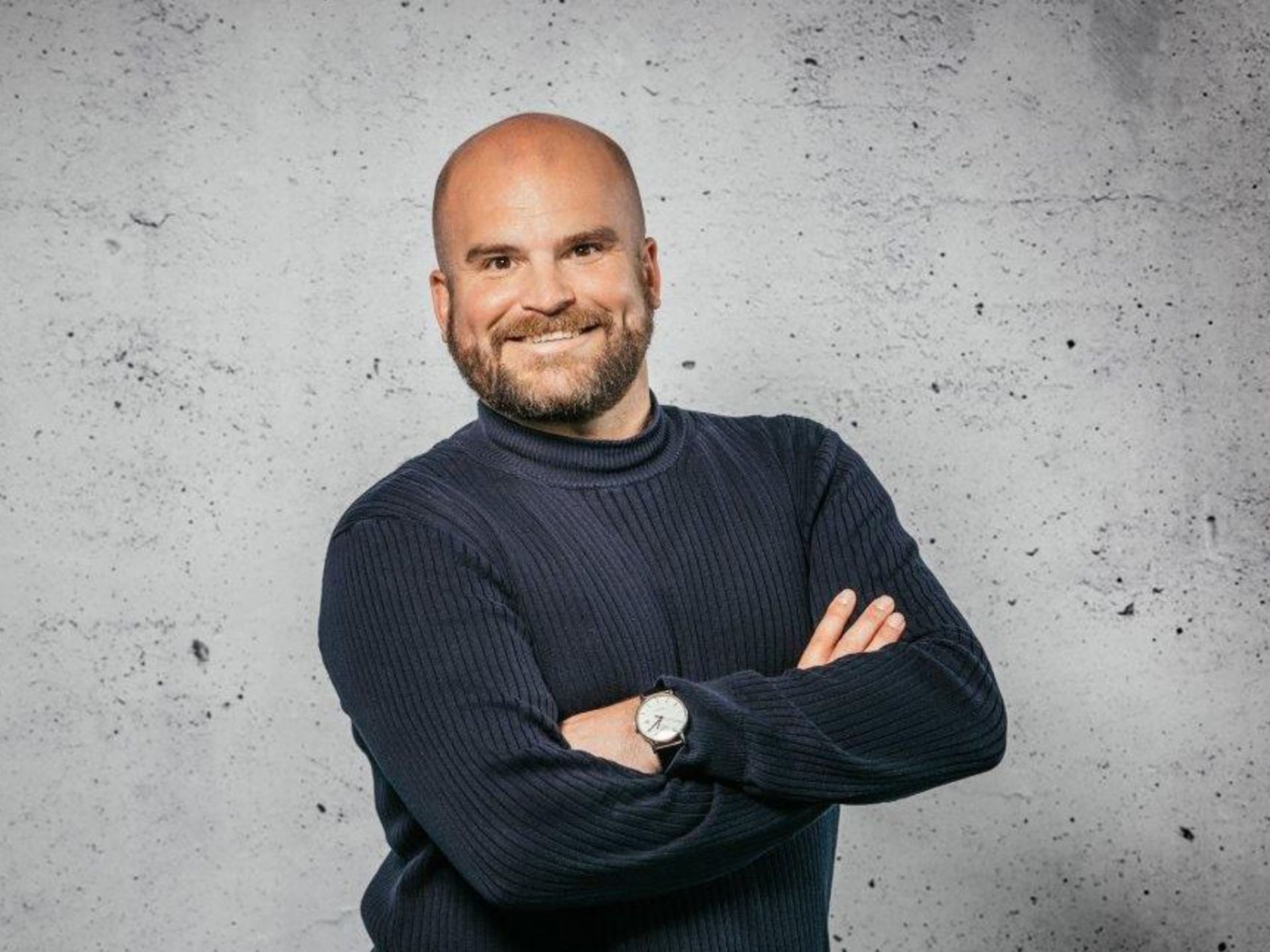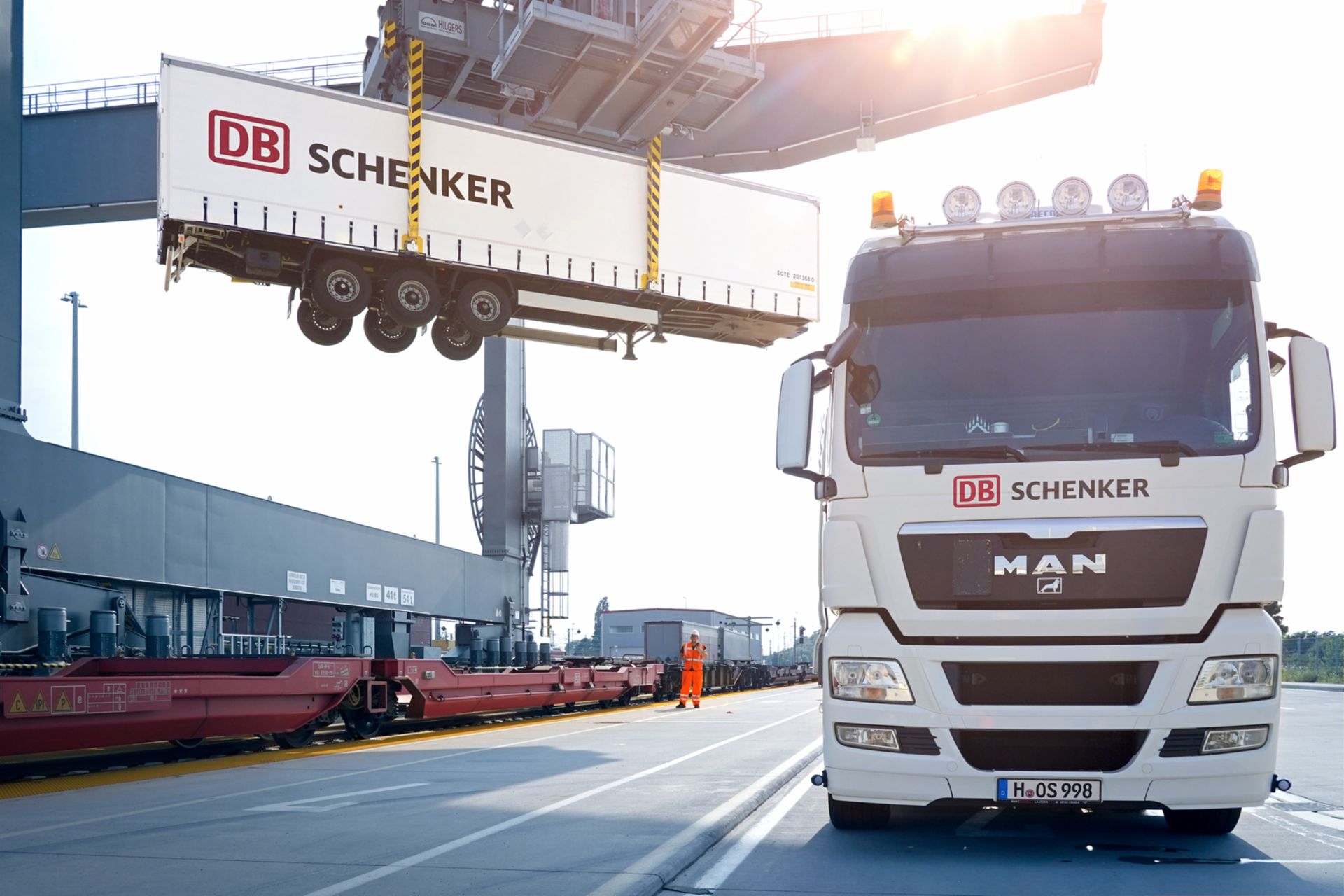How important is the topic of cooperation for DB Schenker? For example, in setting up a charging infrastructure for battery-powered heavy-duty vehicles?
Collaboration with multiple partners, including vehicle manufacturers, infrastructure operators and authorities, is crucial in order to create a comprehensive and efficient charging infrastructure. A well-connected ecosystem is essential for success in electromobility. Sustainability is a particularly important topic for us at DB Schenker, but the energy transition is a joint task. Nobody can do it alone. The Milence joint venture is a good example of this. Competitors are cooperating to make the switch to electric drives a success.
DB Schenker is currently testing the use of automated electric trucks in public transport in Austria. Are there any – perhaps surprising – findings yet?
The current test of automated electric trucks in Austria, in Gunskirchen, shows that autonomous driving works in real operations, even in complex environments and under difficult weather conditions. The successful completion of this lighthouse project is an important step for DB Schenker in advancing fully autonomous driving in freight transport worldwide. What has been demonstrated is that, if the regulatory framework allows it, autonomous vehicles can already be used in public transport. It should be noted that the job of the driver will not disappear, but it will be necessary to embrace alternative technologies due to the shortage of drivers.

Can the results from the real-life use of autonomous driving in Austria also be transferred to other countries? Or abstracted to such an extent that generally applicable statements can be derived for logistics as a whole?
The findings from the real-life use of autonomous driving in Austria could serve as a basis for deriving generally applicable statements for logistics as a whole However, the potential transferability to other countries depends on the specific framework conditions and regulatory requirements. It would therefore make sense to carry out comparable pilot projects in other countries, including Germany, in order to test the adaptability of the technology under different conditions. The current project in Austria only reflects one use case of many, and further and larger test scenarios are of course needed.
The aim of the test in Austria was to ensure autonomous 24/7 production supply together with the customer. The autonomous truck was set up through the EU-funded AWARD (All Weather Autonomous Real Logistics Operations and Demonstrations) project and autonomous truck loading was presented in the HOPPER project. In this respect, we at DB Schenker have done a great deal of innovative work to prepare logistics for the future.
DB Schenker has already completed more than 1.5 million kilometers with electrically powered trucks, mainly concentrated in urban and regional centers. What do you need in order to use electric trucks for long-distance transport?
Delivery in urban centers is an important first step towards reducing particulate pollution in cities and also noise emissions. For this purpose, "refueling" with a simple 22 kW AC charging station overnight is usually sufficient. That's why we at DB Schenker have been using the first e-trucks in local transport since 2017. But of course, we are happy to take the next steps together with our customers and use alternative drive systems wherever possible. This requires a sufficient number of public charging stations, parking spaces for the trucks and upgrading of electricity grids. Simplified application and planning procedures and the expansion of car parks and rest areas are also necessary. A successful transition requires not only the commitment of the private sector, but also support from the legislator, for example in the form of subsidies. The German government’s Federal Logistics and Mobility Office is offering funding through its KsNI scheme. This is designed to promote light and heavy commercial vehicles with alternative, climate-friendly drive systems and the associated refueling and charging infrastructure for electrically powered commercial vehicles in Germany, and was a good start. That said, it also brings great uncertainty to the market when funding that was planned until 2026 was temporarily stopped after just two calls for funding in 2023. Hopefully there will be an extension here.
Last but not least, the federal government must push ahead with the expansion of publicly owned motorway parking and rest areas in order to enable the nationwide integration of electric trucks in long-haul transport.
About the interview partner
Patric Hoffmann is Senior Vice President, Global Ventures and Innovations at logistics service provider DB Schenker. Hoffmann holds an MBA from Alliant International University in San Diego/USA, specializing in strategic management, and has experience in logistics, supply chain management and e-commerce. A graduate in business administration, he is passionate about innovation and new business models.



